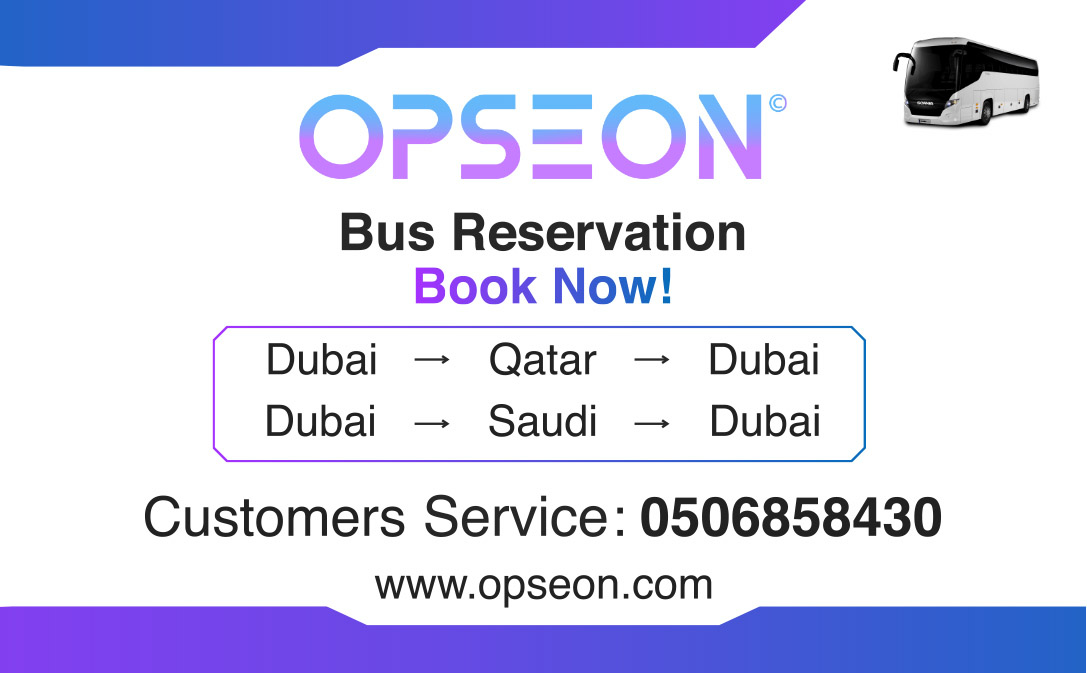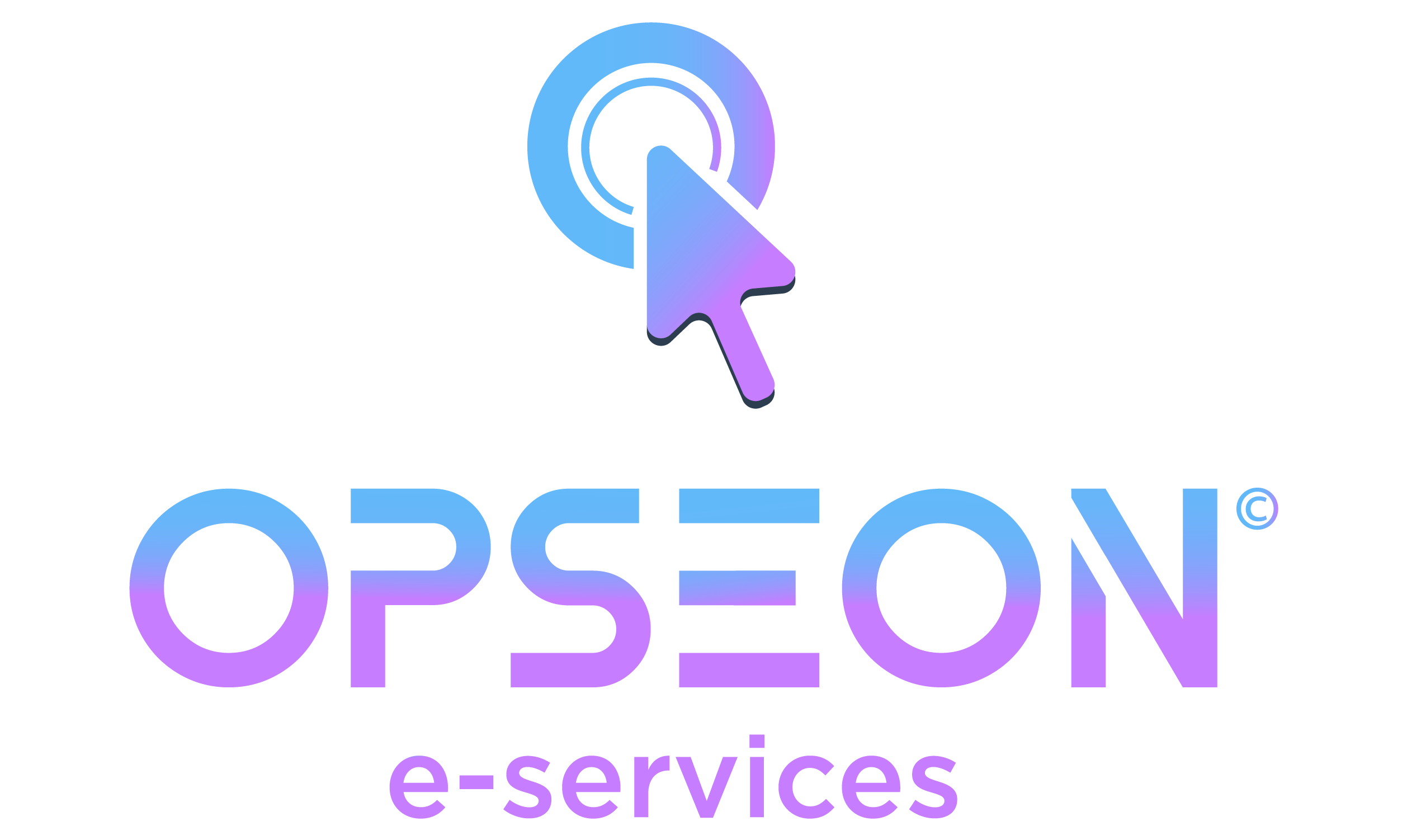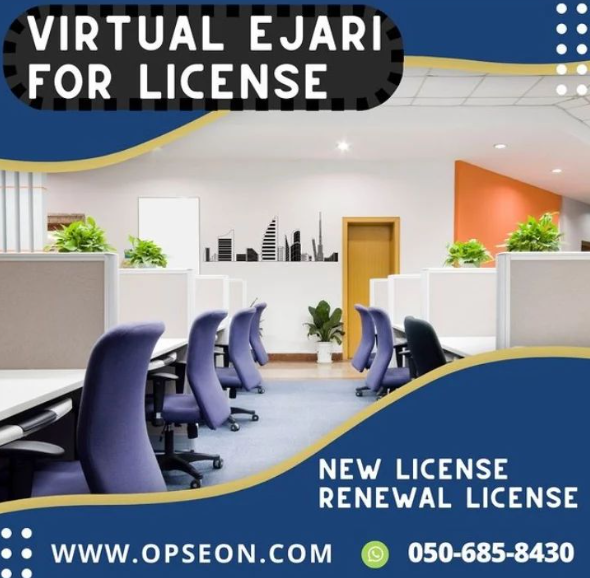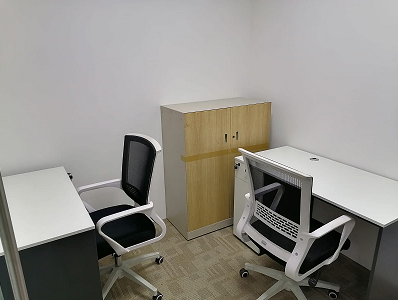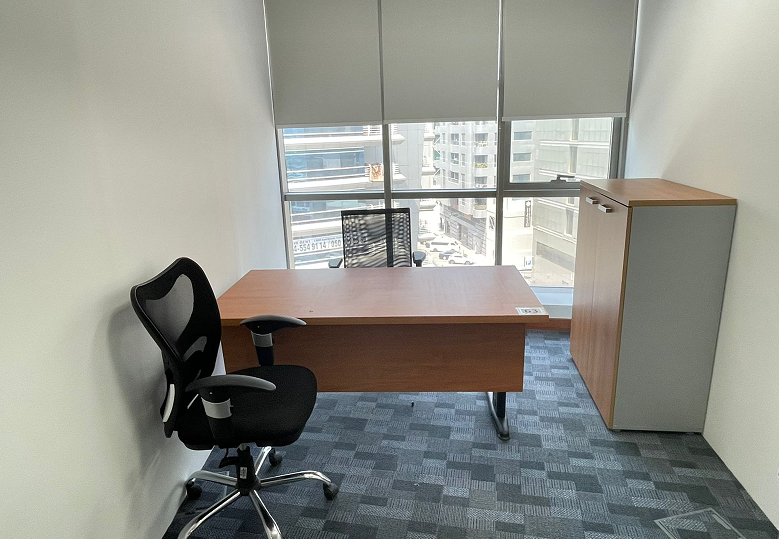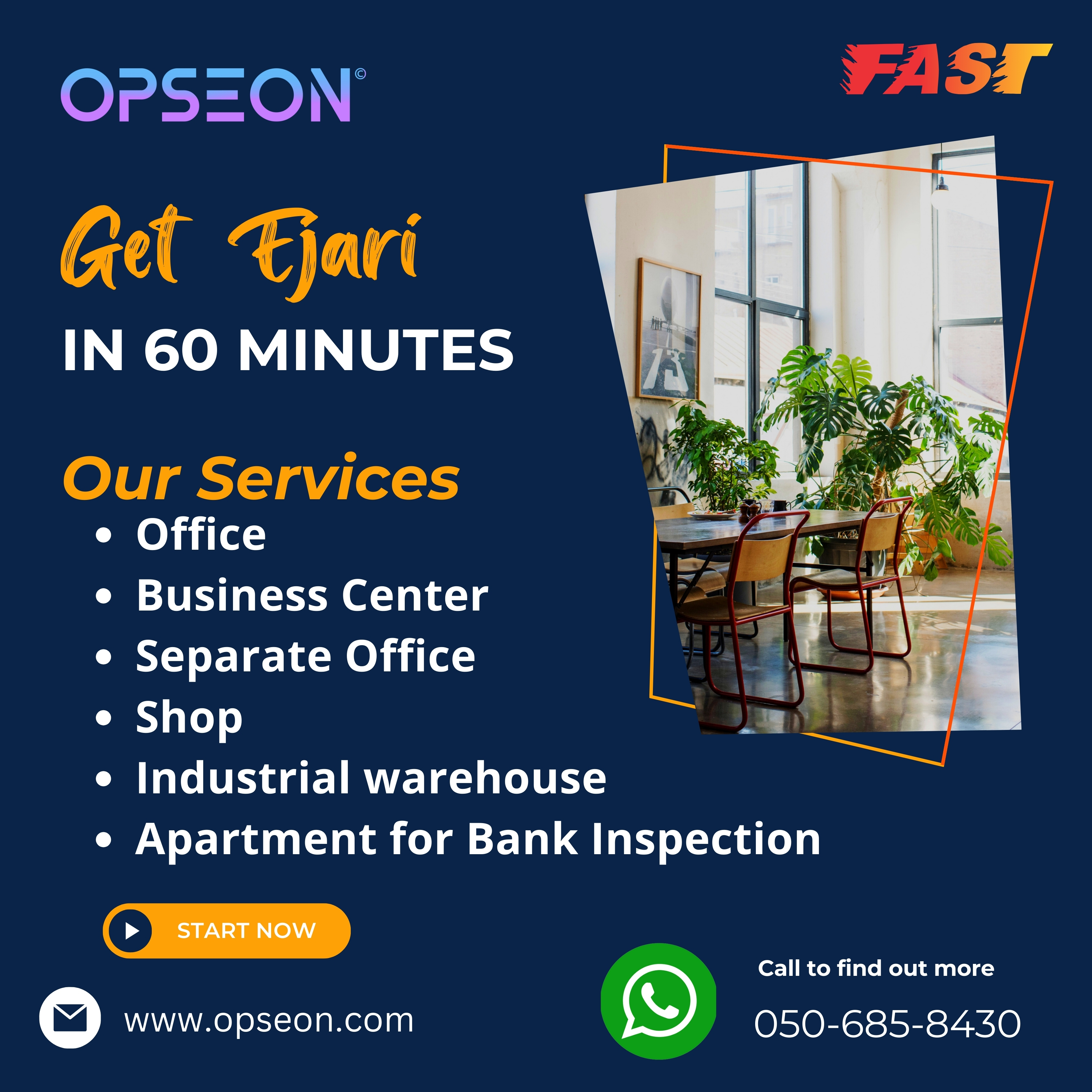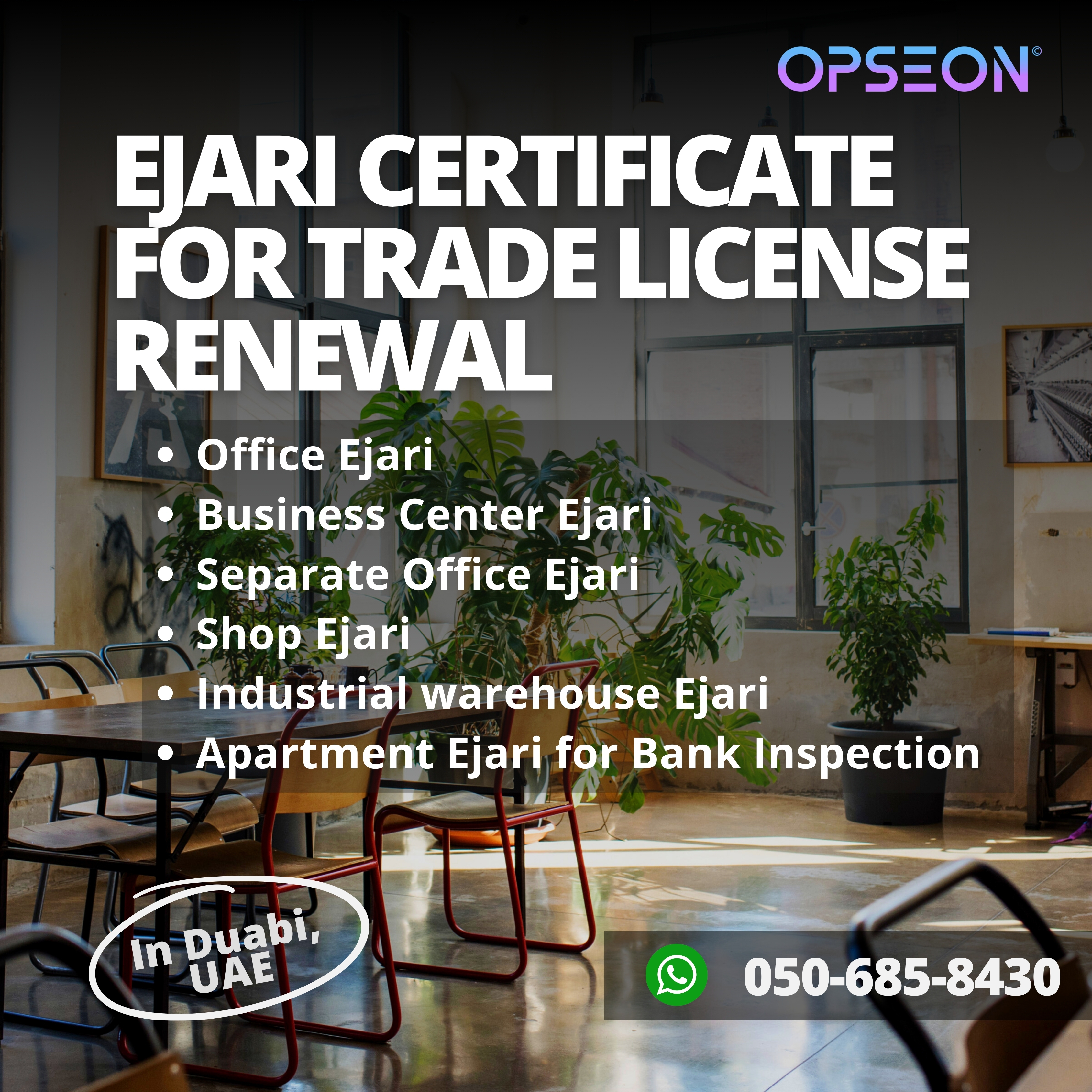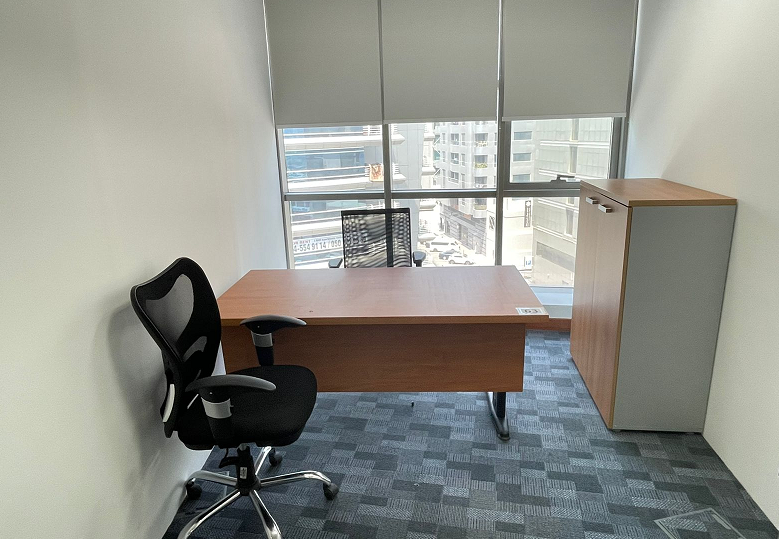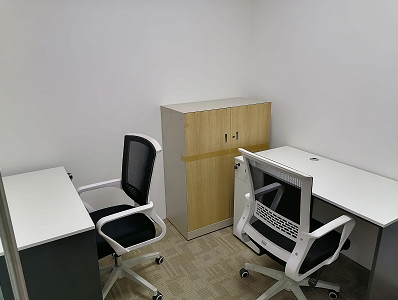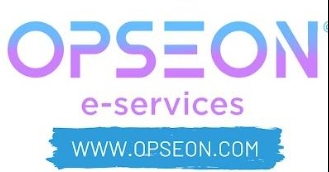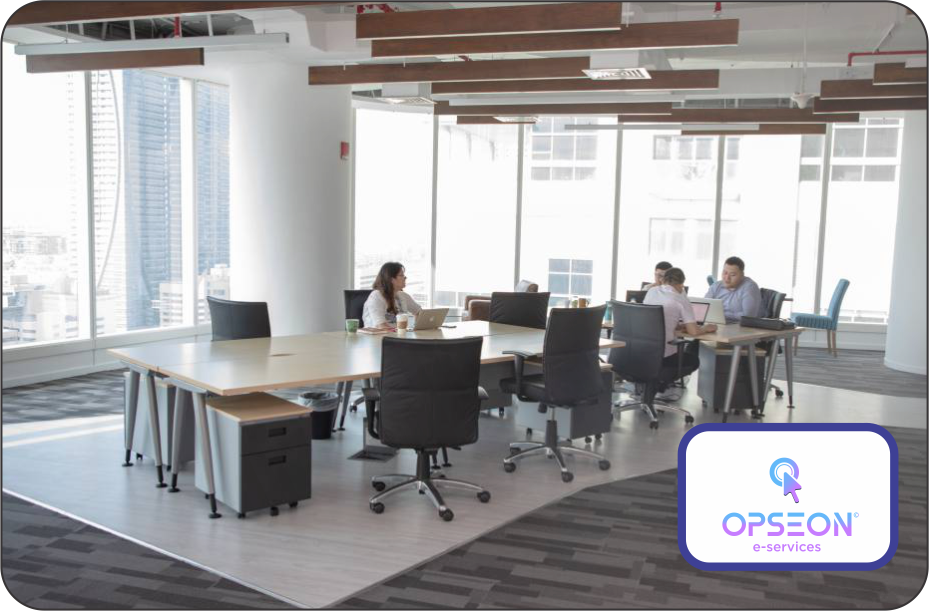Virtual Offices vs. Traditional Offices: Choosing the Right Workspace for Your Business

Blog Details
Virtual Offices vs. Traditional Offices: Choosing the Right Workspace for Your Business
Introduction
Choosing between a virtual office and a traditional office space is a critical decision for businesses of all sizes. Each option offers unique benefits and challenges that cater to different operational needs. This article provides a comprehensive comparison of virtual offices and traditional offices to help businesses make an informed choice.
Understanding Virtual Offices
Virtual offices are remote workspaces that provide businesses with essential services without the need for a physical office space. They offer flexibility, cost-effectiveness, and administrative support tailored to modern work environments. Learn more about virtual offices at Opseon Virtual Office.
Key Aspects of Virtual Offices:
1. Flexibility and Mobility
Virtual offices allow businesses to operate from anywhere, providing employees with the flexibility to work remotely while maintaining productivity. Explore flexible work solutions at Opseon Virtual Office.
2. Cost-Effectiveness
Cost-effective virtual office solutions eliminate expenses related to leasing physical office space, reducing overhead costs and allowing businesses to allocate resources strategically. Learn about cost-effective solutions at Opseon Virtual Office.
3. Administrative Support
Virtual offices offer administrative services such as mail handling, call answering, and virtual assistants, enabling businesses to focus on core operations. Explore administrative support at Opseon Virtual Office.
Advantages of Virtual Offices
Virtual offices provide several advantages that cater to the evolving needs of modern businesses.
1. Enhanced Flexibility
Businesses can scale operations seamlessly with virtual offices, accommodating fluctuating workloads and expanding or downsizing teams as needed. Discover flexible scaling options at Opseon Virtual Office.
2. Access to Global Talent
Virtual offices enable businesses to access a global talent pool, recruiting skilled professionals regardless of their geographical location. Learn about global talent acquisition at Opseon Virtual Office.
3. Reduced Environmental Impact
By eliminating daily commutes and reducing office space requirements, virtual offices contribute to environmental sustainability and corporate social responsibility efforts. Explore sustainability initiatives at Opseon Virtual Office.
Understanding Traditional Offices
Traditional offices refer to physical workspaces where employees gather to perform their duties under a centralized management structure. They offer a conventional approach to work environment management and collaboration.
Key Aspects of Traditional Offices:
1. In-Person Collaboration
Traditional offices promote face-to-face interactions among employees, fostering teamwork, brainstorming sessions, and corporate culture development. Learn about collaboration benefits at Opseon Virtual Office.
2. Established Workplace Culture
Physical offices cultivate a sense of belonging and shared identity among employees, promoting organizational loyalty and employee satisfaction. Explore workplace culture initiatives at Opseon Virtual Office.
Challenges of Traditional Offices
Despite their benefits, traditional offices also present challenges that businesses must consider.
1. High Overhead Costs
Leasing, maintenance, and utilities contribute to high overhead costs for traditional offices, impacting overall budget allocations and financial sustainability. Learn about cost-saving measures at Opseon Virtual Office.
2. Commuting and Work-Life Balance
Daily commutes to physical offices can lead to stress, fatigue, and reduced work-life balance for employees, affecting productivity and well-being. Discover work-life balance solutions at Opseon Virtual Office.
Choosing the Right Workspace for Your Business
The decision between a virtual office and a traditional office depends on various factors, including business goals, operational needs, and employee preferences.
Factors to Consider:
1. Nature of Work
Determine whether your business operations require physical presence for collaboration or can be effectively managed remotely through virtual solutions. Explore operational assessments at Opseon Virtual Office.
2. Budgetary Constraints
Evaluate your budget and financial resources to determine whether investing in a traditional office space aligns with your long-term financial goals. Learn about budget planning at Opseon Virtual Office.
3. Employee Preferences
Consider employee preferences for remote work flexibility or in-person collaboration when choosing a workspace model that promotes job satisfaction and productivity. Discover employee engagement strategies at Opseon Virtual Office.
Opseon: Your Partner in Workspace Solutions
Opseon specializes in providing businesses with flexible Virtual Office and Virtual Ejari solutions tailored to enhance operational efficiency and support growth. Contact us at 0522748701 or via WhatsApp to learn more about our services.
Setting Up Your Workspace with Opseon
1. Virtual Office Solutions
Explore Opseon’s range of virtual office packages designed to meet your business needs, providing flexibility and essential services. Find your ideal package at Opseon Virtual Office.
2. Traditional Office Spaces
Discover Opseon’s traditional office space options for businesses seeking a physical workspace with amenities and support services. Learn more at Opseon Virtual Office.
3. Virtual Ejari for Legal Compliance
Ensure legal compliance for your virtual or traditional office with Opseon’s Virtual Ejari services, facilitating tenancy contract registration and business address validation. Visit Opseon Virtual Ejari for detailed information.
Future Trends in Workspace Solutions
The future of workspace solutions is evolving with advancements in technology and changing work dynamics. Stay informed about industry trends with Opseon’s innovative workspace offerings. Explore future trends at Opseon Virtual Office.
Conclusion
Choosing between a virtual office and a traditional office involves weighing the benefits, challenges, and specific needs of your business. Partner with Opseon to find the right workspace solution that supports your business growth and operational efficiency. For more information, visit Opseon Virtual Office.






